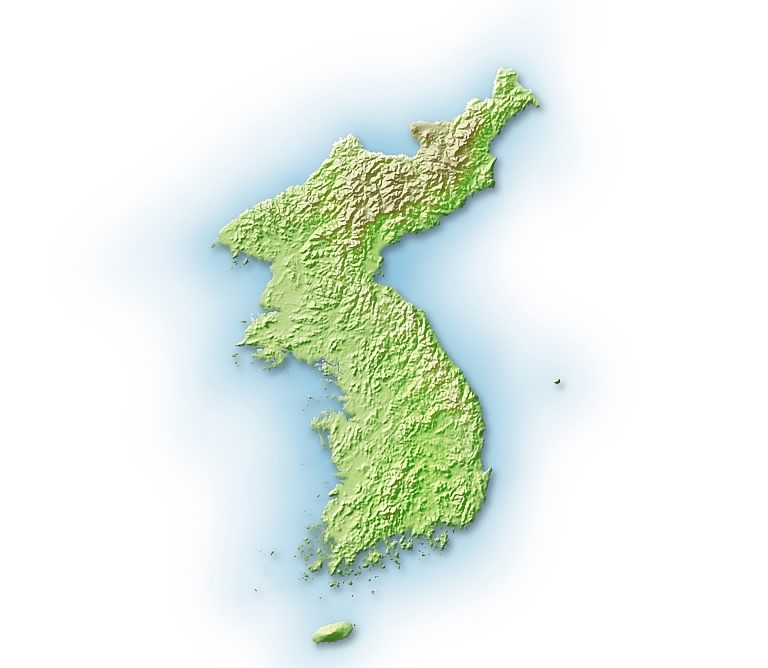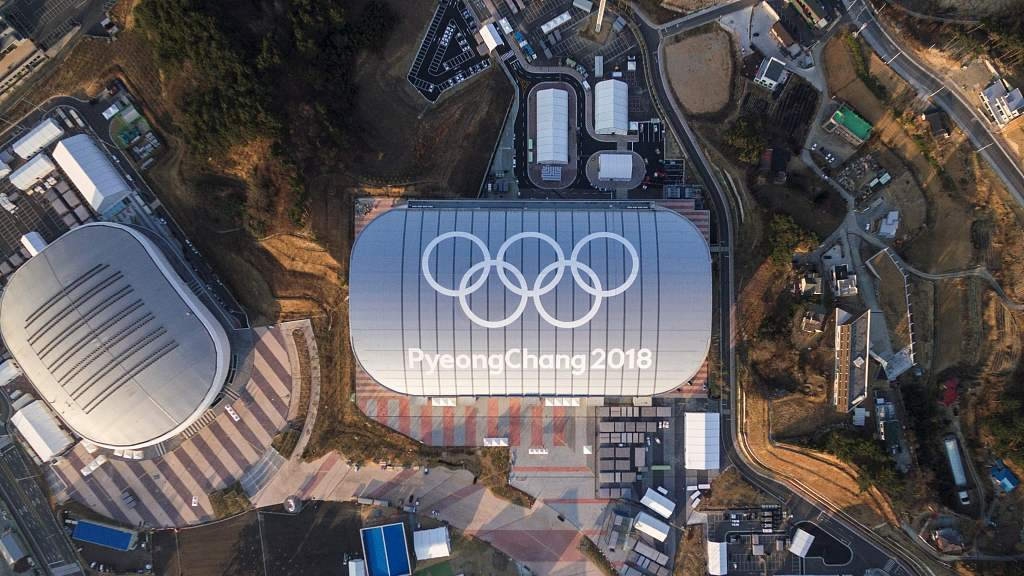
Opinions
19:56, 11-Jan-2018
Opinion: Diplomacy as statecraft never fades
Guest commentary by Wang Li

Forty-six years ago, “Ping-pong diplomacy” helped the United States and China to cross their two-decade geopolitical and ideological gulf. Since then, China and the United States have played positive roles in maintaining world peace and development. Today, the PyeongChang Winter Olympics seems to be playing a similar role between the two Koreas, which have been hostile to each other for over six decades.
According to the latest news from the DPRK and the ROK, the two sides started their first high-level talks in two years, during which period the Korean Peninsula occasionally felt like it was moving towards the brink of nuclear disaster. The Chinese FM spokesman immediately remarked the talks are definitely a good thing. For a long time, the Beijing authorities has reiterated that it welcomes any positive trend on the Korean Peninsula, as long as the relevant parties of the Korean Peninsula issue have sincere attitudes and make concrete efforts to ease tensions in the region through dialogue and consultation in order to bring the issue back to the right track of peaceful denuclearization.

Map of the Korean Peninsula / VCG Photo
Map of the Korean Peninsula / VCG Photo
To that end, China has closely worked with the parties involved. During the state visit of ROK President Moon Jae-in to China in December 2017. President Xi Jinping held talks with him in light of the basic principle of respecting each other's core interests and major concerns, and to promote the sound and healthy development of a China-ROK strategic cooperative partnership. The two leaders solemnly agreed to make joint efforts to cement bilateral political mutual trust and enhance communication and coordination on international and regional issues. Regarding the Korean Peninsula situation, Xi reiterated that China and the ROK must firmly adhere to the goal of denuclearization on the Korean Peninsula, and no war or chaos is allowed on the Peninsula. Due to this, China can accept only that the Peninsula's issues would be resolved through diplomacy and it is ready to support the two sides on the Peninsula in improving relations through talks. Moon Jae-in reaffirms the ROK is firmly committed to resolving the Korean Peninsula nuclear issue through peaceful means, and stands ready to work with China to jointly safeguard peace and stability in the region. An appendix:
On Jan. 8, Seoul formally announced that the United States and the ROK have agreed to delay joint military exercise during the PyeongChang Winter Olympics.

Venues for the 2018 PyeongChang Winter Olympics / VCG Photo
Venues for the 2018 PyeongChang Winter Olympics / VCG Photo
Consider the geopolitical and cultural affinities of both Koreas, China's stance in response to the situation on the nuclear issue is always that China sincerely welcomes and supports the DPRK and the ROK's recent positive moves to improve their relations. It also indicates that the international community can give its support and work together to find a viable path to easing tensions, enhancing mutual trust and resuming dialogue.
The reasons behind China’s insistence on peace rather than war are due to the nature of diplomacy and the core interests of China. First, in terms of diplomacy, China deems that states can benefit a lot from uninterrupted negotiations, if they are conducted with mutual respect and prudence. According to classical diplomacy, it is absolutely necessary to the well-being of the state to negotiate ceaselessly, either openly or secretly, and on all occasions, even in those from which no present fruits are reaped and still more in those for which no future prospects as yet seem likely. In effect, negotiations are innocuous remedies which never do harm. Given this, China has spoken in a rational and calm manner, worked with various parties and promoted peace talks.
Second, China is fully aware that in international politics, lesser powers are often as careful and diligent in involving the great powers in treaties or moral obligations as they are feeble in aiding them, although they are fully obligated to do so.

Flags of the DPRK and the ROK /VCG Photo
Flags of the DPRK and the ROK /VCG Photo
As a permanent member of the UN Security Council, China has been strictly implementing all resolutions adopted by the Security Council which has in place a set of functional mechanisms and practices to ensure that relevant resolutions are carried out effectively.
In the similarly way, China has maintained close consultation with Russia-the comprehensive strategic partner of China-with the United States which has full capacity to destroy the DPRK, which would lead to a direct threat to China’s core security interests, and with the ROK which has been persuaded to cautiously accept the way to handle the nuclear issue of the Korean Peninsula, by saying that “all of the endeavors are to prevent the outbreak of war and maintain peace”. Now it is clear that no matter which great power has played the proactive and responsible role on the Korean Peninsula, diplomacy does work rather than fade away. As long as the countries involved are open to each other and keep regional peace and stability above their narrow interest, the nuclear issue will eventually be resolved.
For sure, peace is not absence of conflict, it is the ability to handle conflict by peaceful means. Thus we can’t expect that the DPRK will change or abandon its nuclear plan overnight, but all sides concerned can exercise mutually-respected efforts to persuade the Pyongyang government to return to the right side of history through joining, rather than deserting, the international community. As it is said that the spirit of the United Nations is to realize global peace through multilateral dialogue, and the Korean Peninsula is where that spirit is most desperately needed.
China has consistently endorsed the United Nations in playing a more active role on the Korean Peninsula, with a belief in diplomacy that, as a form of statecraft, is to come up with fundamental measures to stop the vicious cycle of increased provocations from the DPRK.
(Wang Li is a professor at Jilin University. The article reflects the author's opinion, and not necessarily the view of CGTN.)

SITEMAP
Copyright © 2018 CGTN. Beijing ICP prepared NO.16065310-3
Copyright © 2018 CGTN. Beijing ICP prepared NO.16065310-3